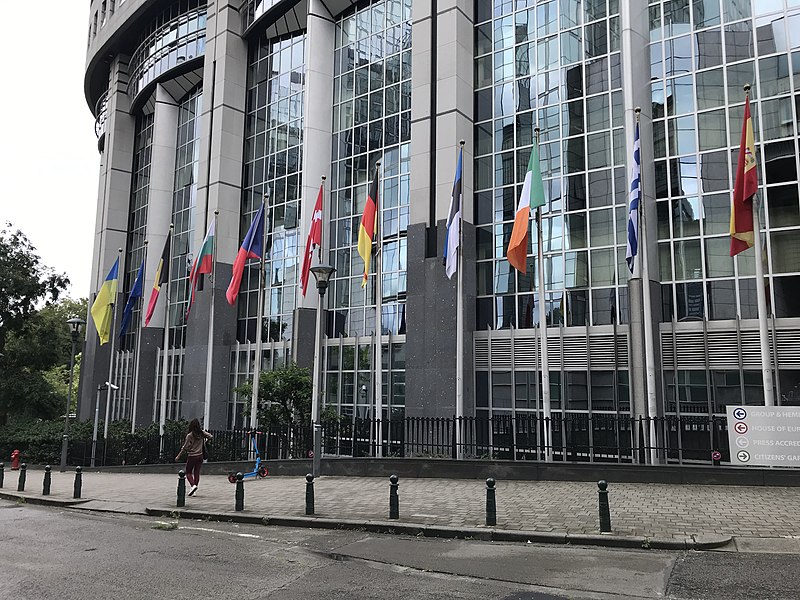
The European Council summit concluded on Friday with the majority of the 27 leaders successfully advancing their common migration policy, despite opposition from Hungary and Poland.
Although a unanimous statement could not be achieved due to the objections raised by Hungarian Prime Minister Viktor Orban and Polish Prime Minister Mateusz Morawiecki, the remaining 25 member states were able to rally around the issue.
Orban and Morawiecki expressed their reluctance to endorse a shared text that emphasized cooperation with third-country nationals. While the specific content of the statement was not their main concern, their opposition stemmed from feeling marginalized during the European Home Affairs Council meeting three weeks ago, where a majority of member states approved a hard-fought migration agreement, with Hungary and Poland being the only dissenting votes.
Despite efforts by Italian Prime Minister Giorgia Meloni to persuade Orban and Morawiecki to support the shared text, they ultimately could not lend their support. After a heated debate on Thursday evening and a final attempt on Friday morning to change their minds, the 25 other member states agreed to a statement that was not officially theirs but was proposed by President Charles Michel.
While the text does not introduce any new provisions, diplomatic circles note that the majority of EU countries can now make progress based on the agreement reached in early June.
Once the new asylum and migration pact is approved, it is expected that Budapest and Warsaw will challenge it in the Court of Justice. However, sources suggest that this legal action may take several years, allowing the rest of the EU to continue moving forward in the meantime.
Belgian Prime Minister Alexander De Croo reassured that the position of Poland and Hungary should not pose a significant problem, as 25 countries are actively participating and the work will continue. He emphasized that the migration deal is beneficial for countries like the Netherlands and Belgium, which have been disproportionately receiving asylum seekers in Europe, as well as for the asylum seekers entitled to reception.



































